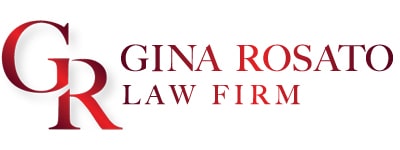Let’s discuss in this article two types of bankruptcy filings, some of the bankruptcy eligibility requirements, major benefits to filing for bankruptcy and why this author finds it preferred in certain cases to file for bankruptcy Chapter 7 or Chapter 13 compared to a debt consolidation situation.
If you are eligible to file for a Chapter 7 bankruptcy that is always preferred to debt consolidation since it allows you to completely discharge all of your unsecured debt without having to repay it. It allows you to wipe the slate clean and restart your credit and life debt-free again.
There are certain income requirements to qualify for the Chapter 7 which is dependent on your household size. For a household size of 1 its $53,152, for a household size of 2 its $66,748, for a household size of 3 its $71,689, for a household size of 4 its $85,203. Those threshold amounts usually increase twice annually.
If you are only eligible to file a Chapter 13, you would be in a payment plan to the trustee. Potential clients are often under the impression that in a Chapter 13 you must pay 100% of your debt back. Some clients pay as little as 5% -10% of their total debt. Your payment is completely dependent on your income and expenses. Every client has different income, different payroll deductions and different expenses, therefore different plan payment amounts.
One of the major benefits to filing the bankruptcy is the automatic stay – creditors cannot sue you or pursue collection efforts against you while you are in bankruptcy which is not the case in debt consolidation. Second, potentially not all creditors file claims in the case and that debt gets discharged without a payment. Third, interest stops accruing when you file the bankruptcy, so you are not making interest only payments indefinitely and you know your plan will be completed in five years and you will be debt free.








